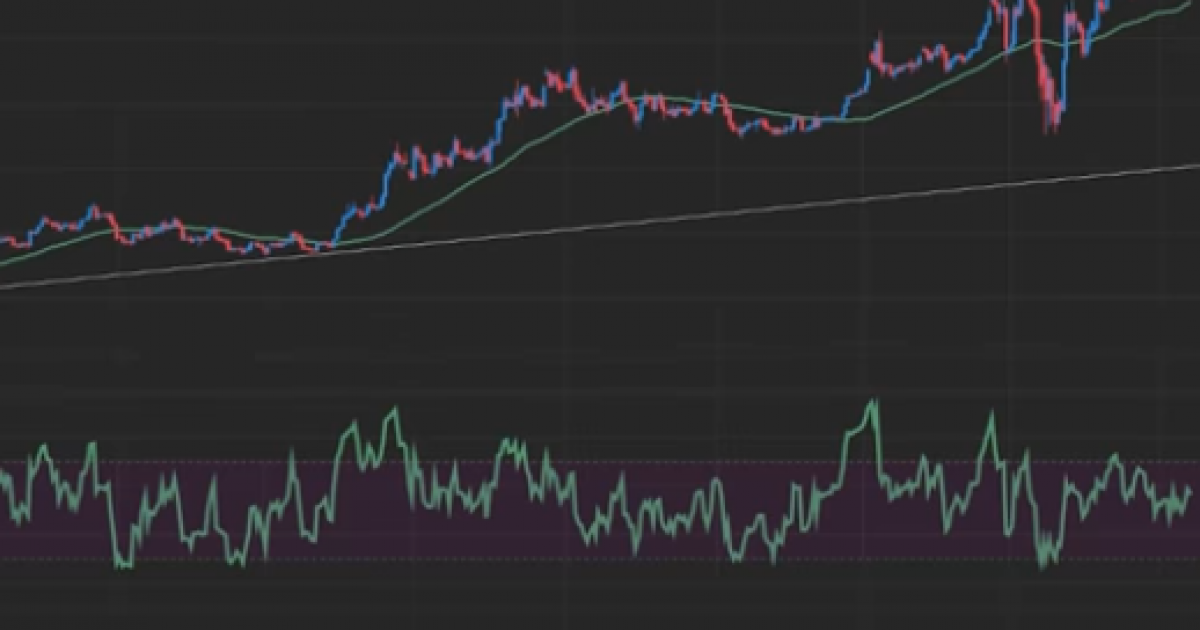
Many Americans are waiting anxiously to see how the economy will turn out during the Wuhan virus pandemic. The 2020 presidential elections are less than two weeks away, which will likely spark more discussion about the country’s economic prospects going forward.
In the meantime, the U.S. government has embarked on massive stimulus spending, while the Federal Reserve has used extensive quantitative easing to supposedly “rescue” the economy. This has many financial commentators wondering whether such fiscal and monetary profligacy will result in inflation. Similarly, many financial analysts are also interested in these policies’ impact on asset prices.
Kitco News interviewed Lyn Alden, the founder of Lyn Alden Investment Strategy, for her thoughts on how fiscal and monetary policies could potentially affect asset prices. Alden is of the opinion that monetary policy is less important than fiscal policy when it comes to shaping asset prices in the context of a low interest rate political economy. This is an important point to consider, when taking into account the U.S. government’s massive deficits in the present.
Kitco pointed out the following observation and put out a graph to illustrate historical fiscal and monetary trends:
The last time the federal deficit as a percentage of gross domestic product was this high was in World War 2 in the 1940s, a rapid increase in inflation followed, albeit not immediately.
 Alden is of the opinion that fiscal stimulus’ economic impact becomes more pronounced when central banks have limited monetary policy options at their disposal.
Alden is of the opinion that fiscal stimulus’ economic impact becomes more pronounced when central banks have limited monetary policy options at their disposal.
The impact of fiscal stimulus on the economy becomes more prominent when central banks experience limited monetary policy options, Alden said.
“Once those rates hit the zero bound, [the Fed’s] tools are pretty much extended by that point. They don’t really have a ton left on their own to do, whereas fiscal authorities still have a lot of capacity to do things, and so that’s generally the relationship we see play out over time which is that when monetary policy runs out of ammo, that’s when we usually see more fiscal spending,” she commented.
Additionally, Alden believes that inflation is not going to pop up in the economy in the short-term. She called attention to the timing of fiscal stimulus as an important factor.
“If you look at inflation expectations, which is looking at the TIPS market compared to the normal treasury market, you can factor out and see what the treasury market is pricing in for inflation expectations. That had a reversal at the beginning of September, so inflation expectations were rising all year but then on the last month or so they’ve been on a downtrend again. I think a lot of that is tied to the fact that stimulus isn’t really implied anymore. Most of the stimulus effects ended at the end of July,” she remarked.
Kitco provided another graph detailing the relationship between U.S. Debt, inflation, and deficits:
 For investable asset classes, an economy marked by higher levels of inflation leads to more price appreciation.
For investable asset classes, an economy marked by higher levels of inflation leads to more price appreciation.
Alden continued:
When you get that stimulus, when you get that inflationary impulse, it tends to be good for equities, especially some of the more value-oriented equities, and it tends to be very good for precious metals, because it can boost inflation expectations and therefore decrease the real yield on bank accounts and treasuries, and it tends to be good for risk assets generally. In particular, some foreign stocks and do pretty well, especially if the U.S. is stimulating heavily and you get kind of more weakness in the dollar.
Where the American economy goes is up in the air. But with central banking still intact, the American economy, along with many others, is a ticking time bomb. That is the nature of a cartelized banking system. When central banks are given so much power, they can create massive economic distortions that affect the lives of millions of Americans.
The U.S. must revert back to a system of sound money or find an improved monetary system in the free market if it wants to avoid the dreaded boom-and-boost cycle.



